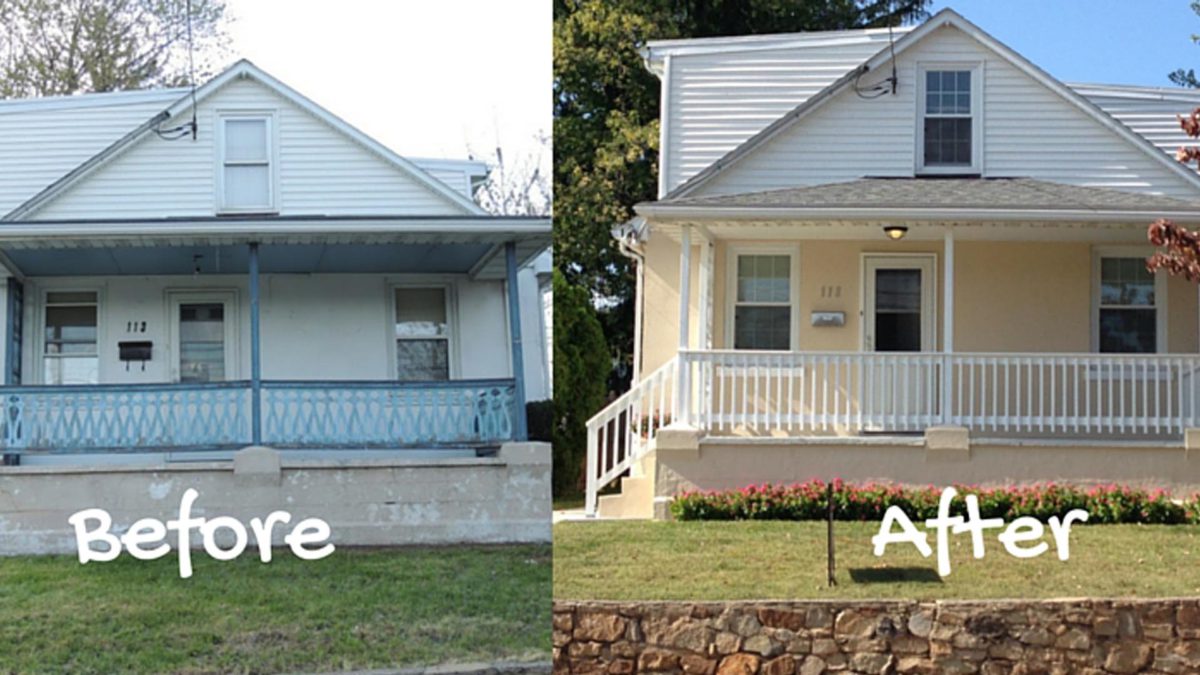UGANDA, Kampala | Real Muloodi News | Have you watched a property television show lately? They make it look so easy to make big money that it might tempt you to join the real estate industry! The idea revolves around looking for a property that you can flip (i.e. turn around and sell) for profit.
Jamal Ayub, a real estate investor, reveals two main approaches to house flipping:
- Buy and flip – An investor buys a property that has the potential to increase in value with the proper repairs and updates. Then sells the refurbished home in the short-term, for a much higher price than it cost.
- Buy and hold – An investor buys a property in a market with rapidly rising home values. The investor keeps the property for the long-term and eventually resells it at a higher price for a profit.
According to Steven Senkungu, a general contractor and real estate investor, realtors usually base the decision to flip or hold a home depending on the status of the market, the type of property, and the amount of money you need to spend.
Property flipping, according to Ayub, is a wise investment if you flip the intelligent way. Here are some areas to look at before deciding whether to “buy and flip” or “buy and hold.”
Ensure Your Numbers Make Sense
Senkungu advises that if you are going to hold, get your property rented out to tenants. This will provide you with a stable income while you wait for the property’s value to rise. The rent received may cover most expenses and help build net worth. Then, you wait to sell the property only when the property’s sales price sufficiently exceeds the original purchase price, thus protecting your investment.
If you are renovating, be careful not to over-renovate. Only spend on upgrades that add value. It is easy to fall into the trap of over-improving a property. While the end result may be beautiful, it could leave you with an overpriced property for its location and you won’t recoup your money.
According to Ayub, one of the best ways to do it right is to avoid taking out a large loan to buy or renovate a home.
“Renovations are hard to budget for and can be risky, so doing them with borrowed finances increases the risk and the pressure. I know real estate investors who have had to lose their properties or sell them cheaply just to pay off a moneylender,” Ayub explains.
Know the Market
The three key factors in evaluating real estate investment opportunities are location, location and location. You need to know how to look for less costly properties in the right location that have the potential to improve and attract high-earners. Newcomers, according to Senkungu, cannot read market patterns and pay a high price for their error.
“If you are new to the industry, it is better to hire a seasoned property agent to get you to the right neighbourhoods based on your price point, budget for renovations, and desired profit,” Senkungu advises.
Flip the Smart Way
Hire a professional to evaluate the property before buying it. According to the contractors, it is usually better to identify and work on the problems earlier than to be surprised afterwards.
Instead of renovating the entire house, focus on critical areas contributing to higher resale value, such as the kitchen and bathrooms. Repaint existing cabinets, install granite countertops and updated appliances. You will have a much better chance of reducing your expenses if you are focused.
Do it Yourself
The more handiwork you’re willing to do yourself, the less your house flip will cost you. However, if you are unfamiliar with the task at hand, hire a handyperson. For a do it yourself project, “DIY”, it is necessary to have essential tools you will need. Nothing is more frustrating than hammering a nail into a wall with a shoe sole.
Advantages of Flipping
Quick Profit
The real aim for people engaging in real estate flipping is to make money. A real estate flip, if done effectively, may yield considerable profits in a short time, often just a few months.
Increases Your Network
You will meet a lot of new people in this business. For example, realtors, attorneys, contractors, building inspectors, insurance brokers could all be helpful in the future if you decide to invest.
Conclusively, there are no cons in flipping a property unless you don’t study the market well, spend more on it than the price you will get and invest where it is not worth it; only then will an investor be on the disadvantaged side.
The thought of renovating might cost you a lot of money. That is why you require some pointers on how to remodel a property without emptying your bank account.
So, what part of the house requires a facelift to have it look as good as new on a tight budget? We’ll explore that in Part 2 of this series: Renovations on a Budget to Flip for a Profit.
READ MORE LIKE THIS:
Soundproofing: Construction Methods and Materials for Noise Control



